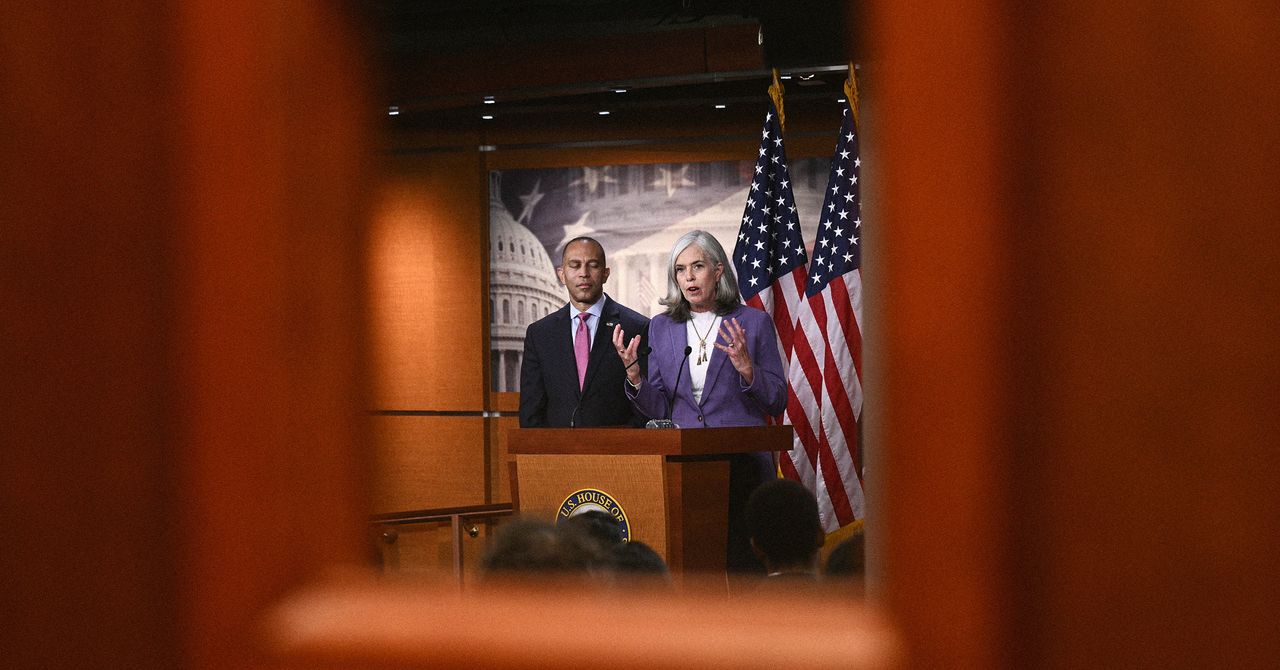Sensitive Data of Security Clearance Holders Exposed Online
Recent investigations have revealed that sensitive personal information of over 450 individuals with "top secret" U.S. government security clearances was unintentionally made public online. This alarming incident was highlighted in a report by WIRED, which details findings from an ethical cybersecurity researcher who uncovered the data.
Overview of the Data Breach
The compromised information was leaked from a database encompassing more than 7,000 applicants who sought positions with the Democratic members of the U.S. House of Representatives over the past two years. The ethical researcher discovered this unsecured data while scanning for vulnerable databases in late September.
Details of the Database
The exposed information originated from a site named DomeWatch, operated by House Democrats. DomeWatch provides various services, including live streams of House sessions, congressional event calendars, voting updates, and a job listing platform along with a résumé repository.
Upon noticing the breach, the researcher notified the House of Representatives’ Office of the Chief Administrator on September 30. The database was secured within hours, and the researcher received a brief acknowledgment stating, “Thanks for flagging.” The duration of the data exposure remains unknown, as does the potential for third-party access before the information was secured.
Contents of the Exposed Information
The database was described by the researcher as an internal index of applicants to various roles. While specific résumés were not part of the dataset, it included details typical of job applications. The exposed records contained brief biographies, military service records, security clearance statuses, spoken languages, as well as personal identifiers like names, phone numbers, and email addresses. Each applicant was also associated with an internal identification number.
Implications of Potential Misuse
The researcher expressed significant concern regarding the implications of such sensitive data being available online. They emphasized that the information included long-term Capitol Hill staffers with extensive experience, making it particularly valuable from a security perspective. Should this data have fallen into the hands of hostile entities or cybercriminals, the potential for compromising individuals who have access to critical governmental information is heightened. The researcher remarked, “From the perspective of a foreign adversary, that is a gold mine of who you want to target.”
Official Responses and Ongoing Investigations
WIRED reached out to relevant officials, including the Office of the Chief Administrator and House Democrats, but faced challenges in communication due to staff furloughs amid the ongoing U.S. government shutdown.
On October 22, Joy Lee, a spokesperson for House Democratic whip Katherine Clark, confirmed the breach, stating, "Today, our office was informed that an outside vendor potentially exposed information stored in an internal site." DomeWatch falls under the jurisdiction of Clark’s office. Lee assured that the matter had been escalated, prompting a comprehensive investigation to identify and address any security flaws. The vendor involved is described as an independent consultant responsible for the backend operations of DomeWatch.
Conclusion
This incident underscores the critical need for robust cybersecurity measures to protect sensitive governmental data. Moving forward, more stringent protocols must be implemented to prevent similar occurrences and ensure the safety of individuals with sensitive security clearances.




